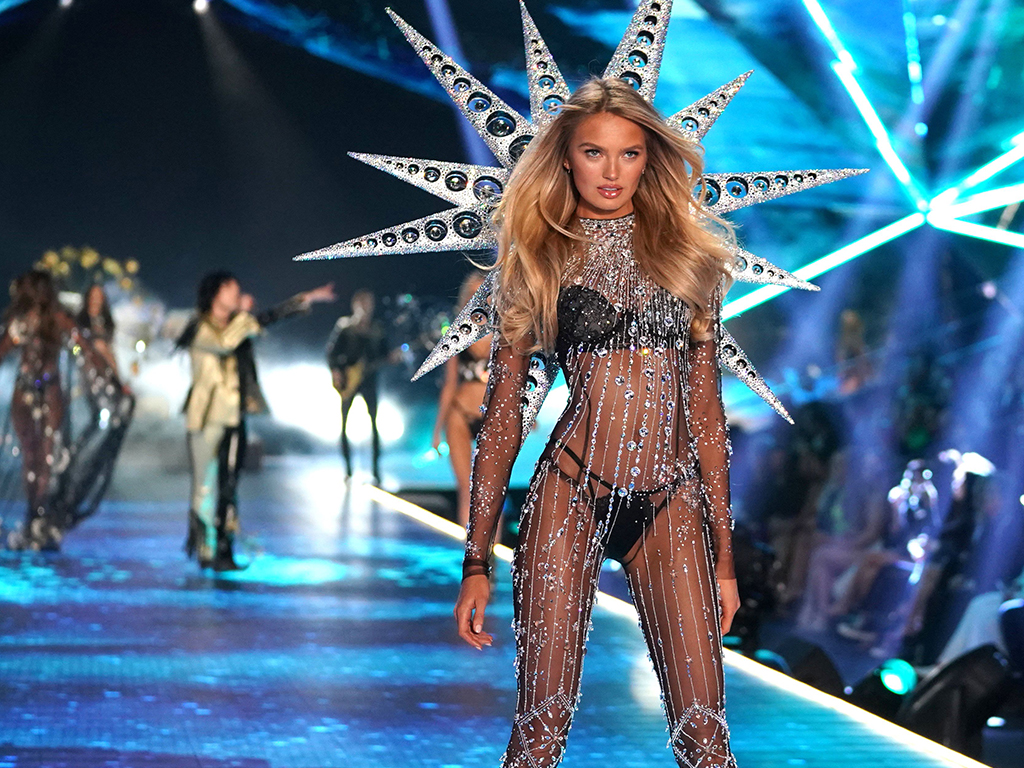Struggling lingerie brand Victoria’s Secret has a new owner.

The company’s current owner, L Brands, said Thursday that the private equity firm Sycamore Partners will buy 55 per cent of Victoria’s Secret for about US$525 million. The Columbus, Ohio, company will keep the remaining 45 per cent stake.
After the sale, L Brands will be left with its Bath & Body Works chain and Victoria’s Secret will become a private company.
Les Wexner, 82, who founded the parent company in 1963, will step down as chairman and CEO after the transaction is completed and become chairman emeritus. Wexner has been grappling with his own troubles, including questions over his ties to the late financier Jeffrey Epstein, who was indicted on sex-trafficking charges.
Victoria’s Secret, known for its lacy bras and annual fashion show, has been struggling in recent years.
A recent New York Times report highlighted the alleged culture of misogyny, bullying and harassment at the company primarily under the leadership of Wexner and former top executive Ed Razek.

Get breaking National news
The Times reported that Razek was the subject of repeated complaints about inappropriate behaviour, including trying to kiss Victoria’s Secret models and asking them to sit on his lap. The outlet also said executives had alerted Wexner about Razek’s conduct, and some women who complained faced retaliation.

The company’s fashion show was cancelled last year, and shares of Victoria Secret’s parent company have gone from triple digits less than five years ago to a quarter of that today.
The show, which broadcast annually on CBS and ABC for 20 years, was reportedly losing viewers each year.
For two decades, the show was a staple for over-the-top and expensive, bedazzled lingerie. Models who walked the runway included everyone from Bella Hadid to Karlie Kloss to Gisele Bündchen. But over the years, the brand faced criticism over the lack of diversity in body shapes, as well as accusations of racism.
In 2018, the brand’s chief marketing officer Razek retired from his role after making inappropriate comments about plus-size and transgender models at the show.
“It’s like, why doesn’t your show do this? Shouldn’t you have transsexuals in the show? No,” Razek previously told Vogue. “No, I don’t think we should. Well, why not? Because the show is a fantasy. It’s a 42-minute entertainment special.”
Victoria’s Secret also struggled to keep up with competition and failed to respond to changing tastes among women.
Rivals like Adore Me and ThirdLove, which have sprouted up online and marketed themselves heavily on social media platforms like Instagram, have focused on fit and comfort while offering more options for different body types.
Meanwhile, American Eagle’s Aerie lingerie chain, which partners with women activists like Manuela Baron, has also lured customers away from Victoria’s Secret.
Stacey Widlitz, president of SW Retail Advisors, a retail consultancy, said Victoria’s Secret designs in the last few years were going in the opposite direction of what women wanted, ever sexier and poorer quality.
And while last year Victoria’s Secret started featuring more diverse models, including its first openly transgender model, the moves fell short.

Victoria’s Secret suffered a 12 per cent drop in same-store sales during the most recent holiday season, and L Brands said Thursday that same-store sales declined 10 per cent during the fourth quarter.
Bath & Body Works, which has been a bright spot, enjoyed a 10 per cent increase. The skin care chain represents more than 80 per cent of L Brands’ operating profit.
“The (Victoria’s Secret) brand has lost its way, while the lingerie market is not large or high growth, and has become commoditized,“ Randal Konik, an analyst at Jefferies, wrote Thursday.
”Furthermore, with athleisure taking over, the need for regular bras continues to wane.”
— With files from the Associated Press















Comments